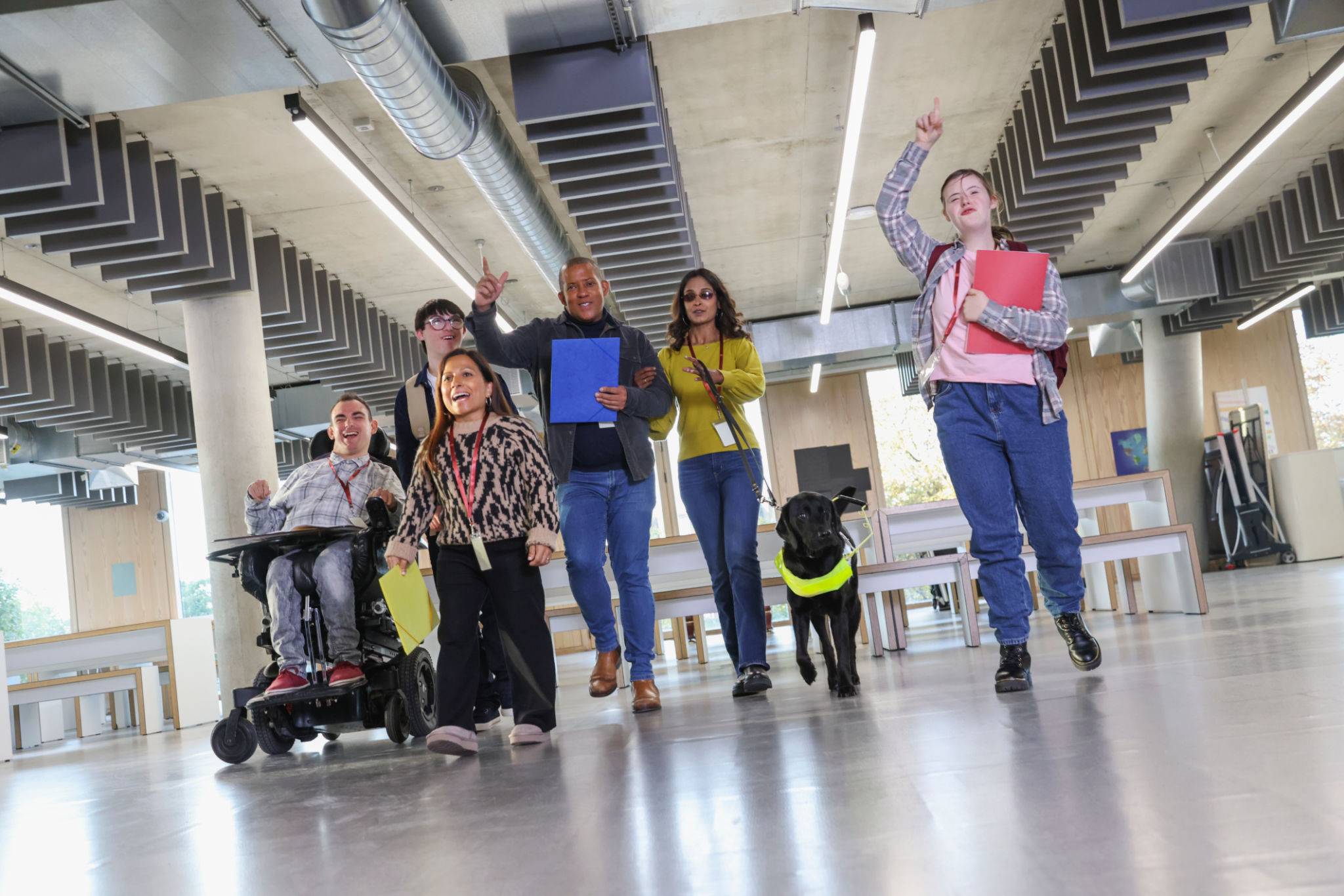Understanding the Benefits of Psychiatric Service Dogs for Mental Health
What Are Psychiatric Service Dogs?
Psychiatric service dogs are specially trained canines that assist individuals with mental health conditions. Unlike regular pets, these dogs have specific training to perform tasks that mitigate the effects of psychiatric disorders, such as anxiety, depression, PTSD, and more. They play a crucial role in improving the overall quality of life for their handlers.
These service animals are distinct from emotional support animals due to their rigorous training in task-specific assistance. While emotional support animals provide companionship and comfort, psychiatric service dogs are trained to perform tasks directly related to the handler's disability.

How Psychiatric Service Dogs Support Mental Health
The primary benefit of psychiatric service dogs is their ability to perform tasks that help manage specific symptoms of mental health conditions. For instance, they can interrupt self-harming behaviors, provide tactile stimulation during panic attacks, and remind their handlers to take medication at scheduled times.
Moreover, these dogs can assist in grounding their handlers during dissociative episodes or flashbacks by nudging, licking, or pawing them. This helps bring the person back to the present moment and reduces feelings of anxiety or disorientation.

Enhancing Social Interaction and Confidence
One significant advantage of having a psychiatric service dog is the increased opportunity for social interaction. Many handlers report that their dogs serve as a social bridge, making it easier to engage in conversations with others. This can be particularly beneficial for individuals with social anxiety or agoraphobia.
The presence of a service dog often boosts the handler's confidence and independence. Knowing that their dog is trained to assist them in stressful situations allows individuals to venture out more frequently and engage in activities they might otherwise avoid.
Legal Protections for Psychiatric Service Dogs
It's important to note that psychiatric service dogs are protected under laws such as the Americans with Disabilities Act (ADA). This means they are allowed to accompany their handlers in public places where pets are typically not permitted, including restaurants, stores, and public transportation.

These legal protections ensure that individuals relying on psychiatric service dogs can have access to the support they need in various environments. It is essential for handlers to understand their rights and responsibilities when accompanied by their service dog in public spaces.
Training and Selection of Psychiatric Service Dogs
Selecting and training a psychiatric service dog is a comprehensive process. Not all dogs are suited for this type of work; specific breeds are often chosen for their temperament, intelligence, and ability to focus. Training can take several months to years, depending on the tasks the dog needs to learn.
Professional trainers typically conduct this training, ensuring that the dog can reliably perform the necessary tasks to assist its handler. The investment in a well-trained psychiatric service dog pays off significantly in the improved mental health and well-being of the handler.